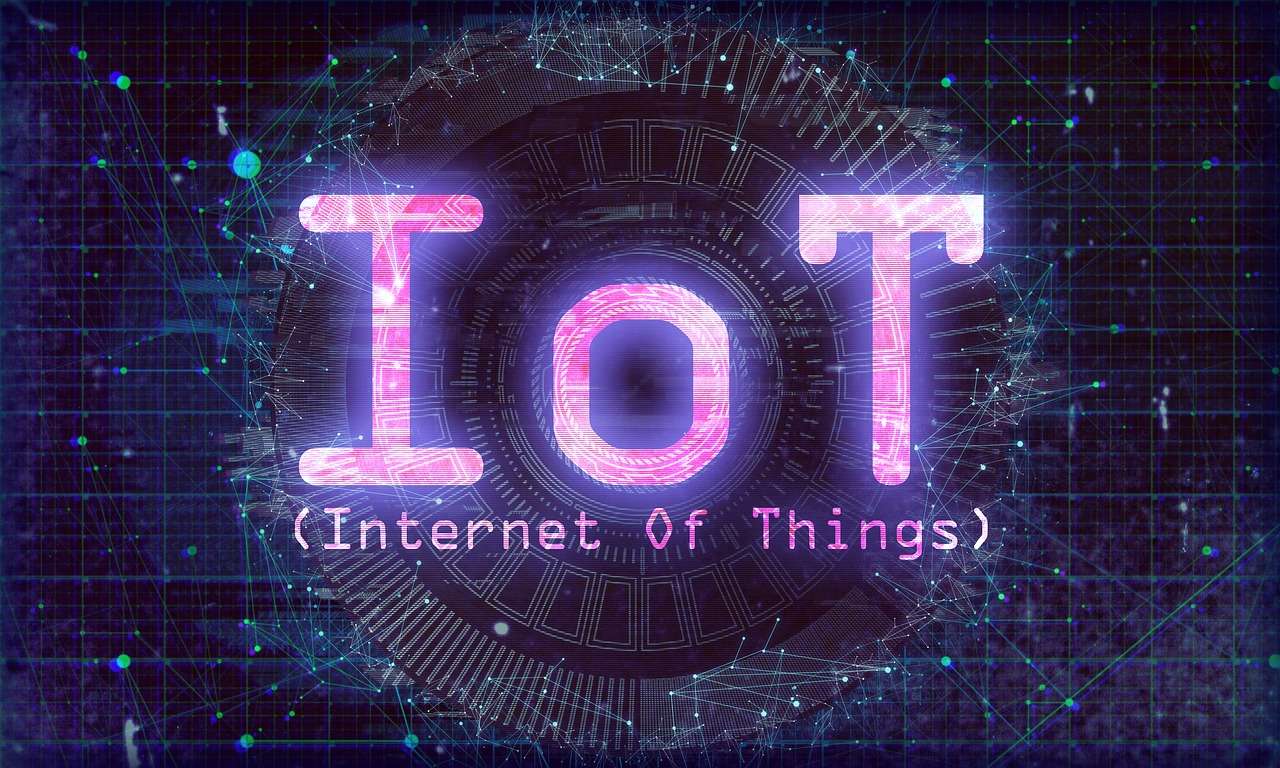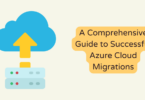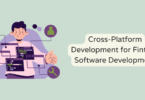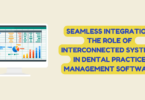
IoT
The healthcare industry plays a vital role in the world, but it can take time to adopt innovations due to its complexity, high level of responsibility, and strict constraints. However, recent events like the pandemic have exposed vulnerabilities and inefficiencies in the healthcare industry, leading to a greater need for change. That’s where the Internet of Things (IoT) comes in – this technology can potentially revolutionize the healthcare industry by addressing these problems.
With IoT, healthcare professionals can track patient data in real time, improve communication between medical devices, and streamline processes for better patient outcomes. By leveraging IoT, the healthcare industry can become more efficient, effective, and responsive to the needs of patients. IT Support Marquette experts help the healthcare industry to use the power of IoT.
According to the Statista report, the number of Internet of Things (IoT) devices worldwide is forecast to almost triple from 9.7 billion in 2020 to more than 29 billion IoT devices in 2030. This report shows the growing demand of IoT devices in various industries.
IoT technologies have immense potential in the healthcare industry, providing opportunities for increased effectiveness and accessibility in telemedicine, remote conditioning and treatment monitoring, and medical adherence control. Despite these benefits, adopting IoT applications in healthcare could be faster, limiting the pace of technological advancement in the field.
Top 7 Benefits of IoT in the Healthcare Industry
Helps in Medical Researches
The Internet of Things (IoT) has brought about significant advancements in the healthcare industry, including facilitating medical research. Researchers can gather vast amounts of patient data in real-time with IoT devices such as wearables and sensors. This data can then identify patterns or trends that may have yet to be visible in smaller sample sizes or through traditional research methods.
IoT devices can also help monitor patients remotely, allowing for more frequent and accurate data collection without the need for constant hospital visits. With these benefits, IoT technology is helping to advance medical research and improve patient outcomes, ultimately leading to a better quality of life for individuals worldwide.
Improved Patient Diagnosis and Treatment
Integrating Internet of Things (IoT) technology in the healthcare industry has brought numerous benefits to patients and healthcare providers. One significant advantage is the improvement in patient diagnosis and treatment. With IoT devices, healthcare providers can remotely monitor patients’ vital signs, symptoms, and medical history in real time. This enables them to make more accurate diagnoses and provide personalized treatment plans tailored to each individual’s needs.
Additionally, IoT technology allows for better communication between healthcare providers, leading to improved care coordination and reduced medical errors. Overall, the use of IoT in healthcare has the potential to revolutionize the way we approach patient care and improve health outcomes for individuals across the globe.
Lower Costs
The healthcare industry has seen a significant shift towards integrating Internet of Things (IoT) technologies, and with good reason. One key benefit of IoT in healthcare is the potential for lower costs. By implementing IoT devices and sensors, healthcare providers can track patient health in real time, reducing the need for costly hospital visits and readmissions. By implementing remote monitoring, healthcare professionals can streamline their workload by automating mundane, repetitive tasks. This provides them with more time and resources to dedicate towards treating complex cases and delivering personalized care to their patients.
Additionally, IoT technology can streamline processes and reduce waste through more efficient use of resources. Therefore, the implementation of IoT in healthcare has the potential to significantly reduce costs while improving patient outcomes, making it a valuable investment for healthcare providers.
Remote Monitoring
The Internet of Things (IoT) has the potential to revolutionize healthcare by enabling remote monitoring of patients. This technology allows healthcare providers to keep track of a patient’s vital signs and other health metrics from a distance, which can be especially useful for patients with chronic conditions or those who live in remote areas. With IoT devices, patients can take their measurements and have the data automatically transmitted to their healthcare provider, who can then use it to make informed decisions about their care.
In addition, remote monitoring can help reduce hospital readmissions and improve overall patient outcomes. By leveraging the power of IoT, healthcare providers can provide more efficient and effective care to their patients.
Improved Emergency Response
The healthcare industry has seen a significant transformation with the introduction of IoT technology. One of the many benefits of IoT in the healthcare industry is improved emergency response. IoT devices can collect and transmit vital patient data, such as heart rate and blood pressure, to healthcare professionals in real time. This allows for immediate intervention and treatment during emergencies, potentially reducing the risk of complications or even saving lives.
IoT technology also provides healthcare professionals access to critical patient information remotely, enabling them to make informed decisions quickly and efficiently. IoT technology in emergency response has revolutionized how healthcare professionals approach urgent medical situations, offering a more effective and efficient solution for patient care.
Streamlined Workflows and Operational Efficiency
Integrating Internet of Things (IoT) technology in the healthcare industry offers numerous benefits, including streamlined workflows and improved operational efficiency. With IoT-enabled devices and systems, healthcare providers can monitor patients remotely and receive real-time data on their condition and treatment progress. This can help reduce the need for in-person appointments and hospitalizations, saving time and resources for patients and providers.
Additionally, IoT technology can automate many administrative tasks, such as scheduling appointments and managing inventory. This can free up valuable time for healthcare providers to focus on patient care, ultimately improving patients’ quality of care. Thus, the implementation of IoT technology in the healthcare industry has the potential to improve operational efficiency and enhance patient outcomes greatly.
Brings Continuous Health Monitoring
The benefits of IoT in the healthcare industry are numerous, with one of the most significant being the ability to provide continuous health monitoring. With IoT devices such as wearables and sensors, patients can be monitored around the clock, allowing healthcare professionals to detect and respond to potential issues before they become more serious. Continuous monitoring can be especially advantageous for patients who have chronic conditions or those who need intensive observation after undergoing a medical procedure or hospitalization.
In addition, IoT devices can also help improve patient outcomes by providing real-time data that can be used to inform treatment decisions and ultimately lead to better health outcomes.
In Summary
IoT technologies have the potential to revolutionize the healthcare industry, offering numerous benefits such as improved patient outcomes, increased efficiency, and reduced costs. However, adopting these technologies could be faster due to data security, privacy, and interoperability concerns. To fully realize the potential of IoT in healthcare, stakeholders must work together to address these challenges and create a supportive ecosystem that fosters innovation. The future of healthcare lies in integrating IoT technologies, and it is up to us to ensure that we make the most of this opportunity for positive change. Contact our Managed IT Services Bellevue professionals to implement IoT in the healthcare industry






